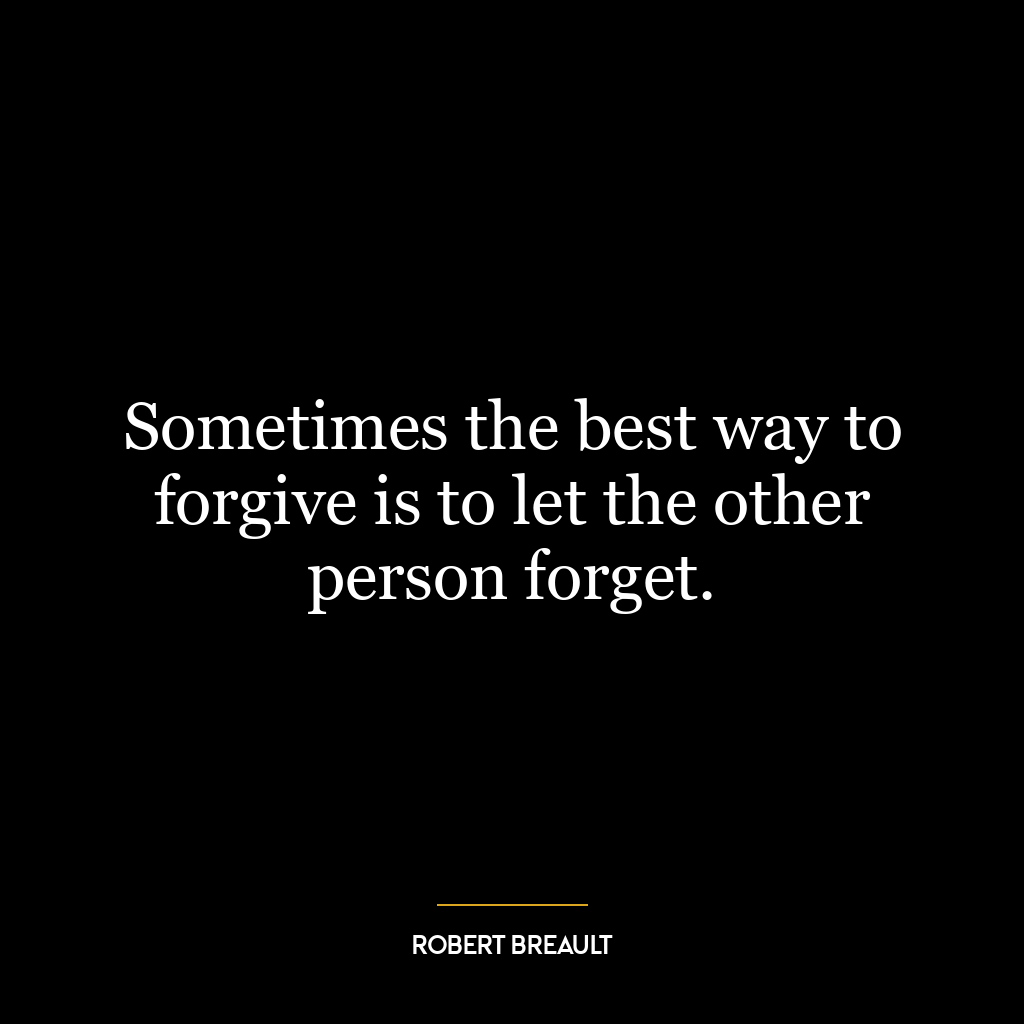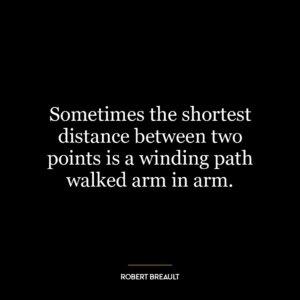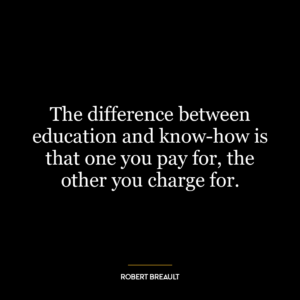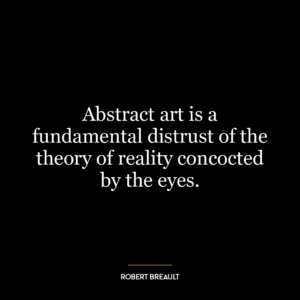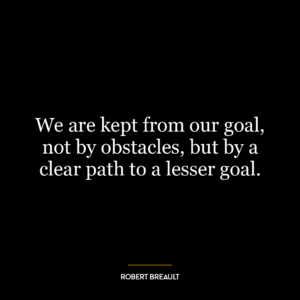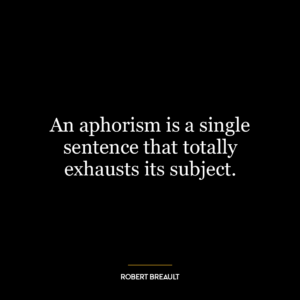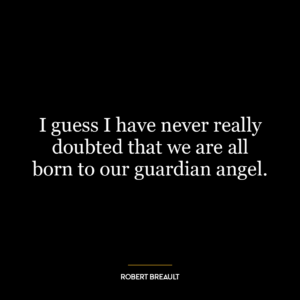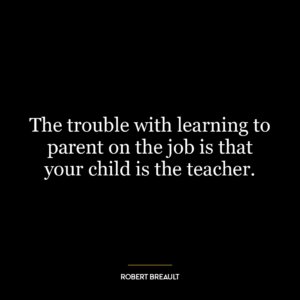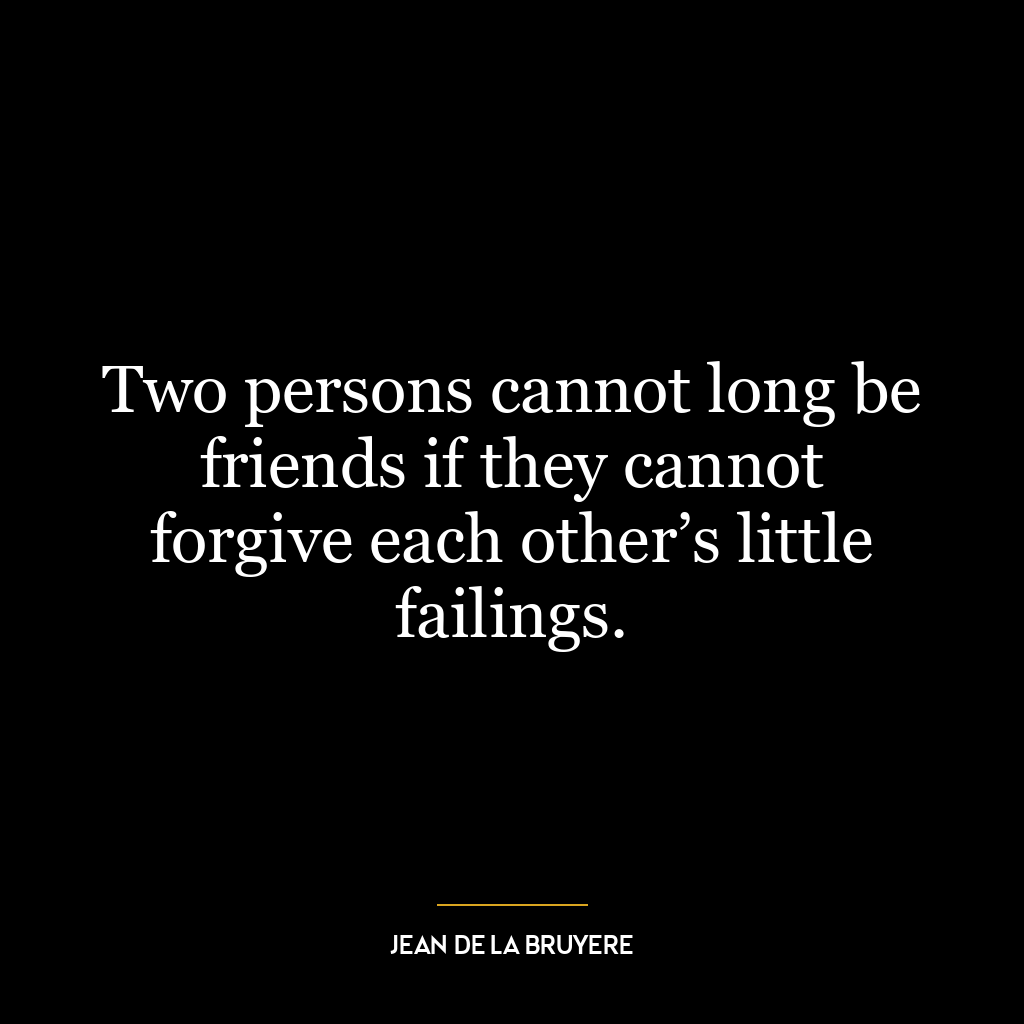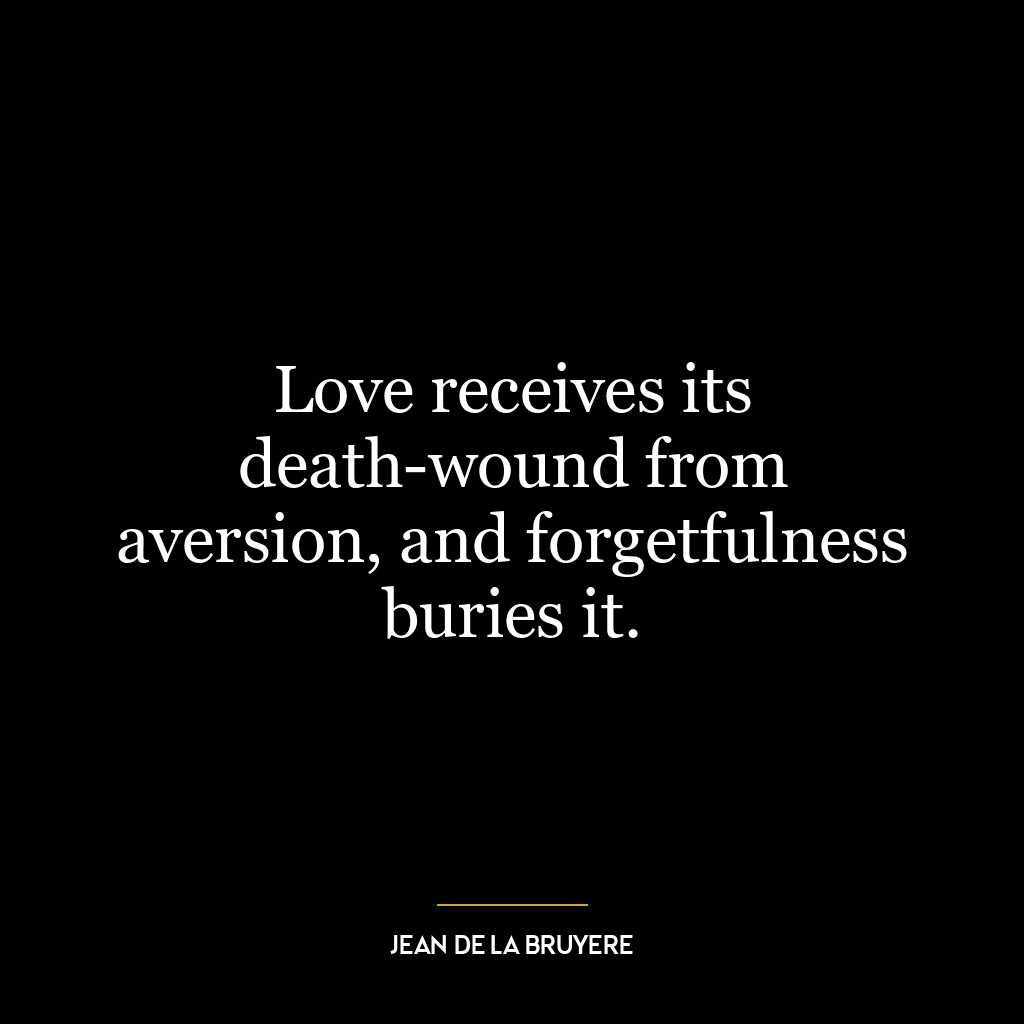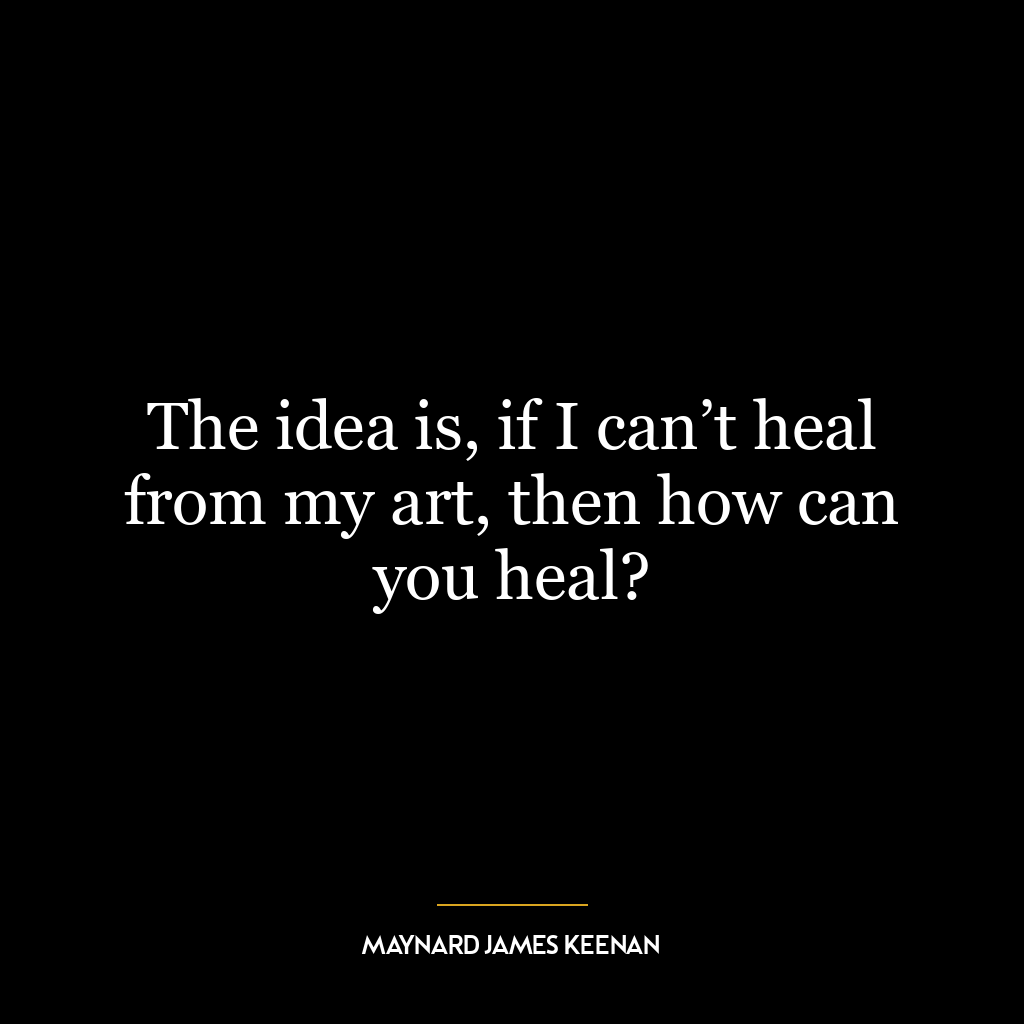Sometimes the best way to forgive is to let the other person forget.
This quote, “Sometimes the best way to forgive is to let the other person forget,” suggests that true forgiveness often involves allowing the other person involved in a transgression or conflict to move on without constantly being reminded of their past mistakes. In essence, it proposes that genuine forgiveness should not involve holding grudges or continually bringing up past errors.
The quote implies an engaging perspective: forgiveness as a form of forgetting. This doesn’t mean literally erasing memories but rather choosing not to focus on them and letting them fade into insignificance over time. It’s about not allowing those past mistakes to taint present interactions or future possibilities.
Applying this idea in today’s world, particularly in personal development, can be quite transformative. in relationships (whether romantic, familial, or platonic), conflicts and misunderstandings are inevitable. Though, by adopting this approach of forgiving and ‘forgetting’, relationships can heal more effectively as there is no constant reminder of past wrongs.
In terms of personal development, this approach fosters emotional maturity and resilience. It encourages individuals not only to forgive others but also themselves for their own mistakes – thus promoting self-forgiveness which is crucial for mental health and emotional well-being.
Moreover, in our current digital age were every action can be recorded and scrutinized repeatedly (often leading to what many refer as “cancel culture”), this perspective offers an alternative route – one that values growth from mistakes rather than perpetual punishment for them.
Overall though it may seem tough at first glance due its counter-intuitive nature (as we tend associate forgetting with neglecting),by practicing forgiving through forgetting we’re actually cultivating empathy both towards ourselves and others whilst reinforcing a healthier way of dealing with conflicts – moving forward rather dwelling on the past.

